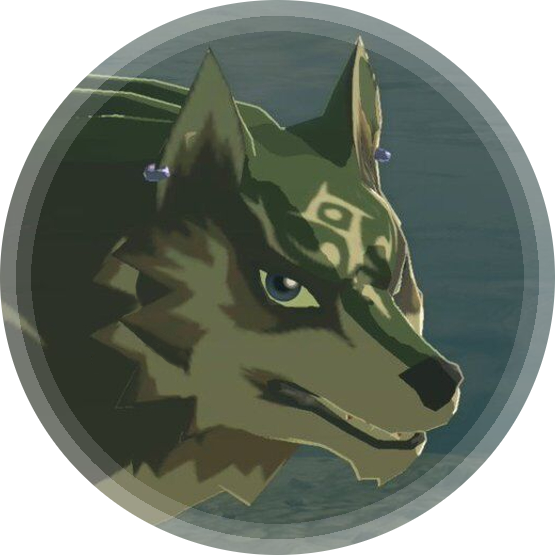I like this approach. “funny meme” aside, I think it is a good way of showing how much a certain language can affect how other people think and feel about a subject. Just read it THAT way and “being neurotypical” suddenly sounds like a disorder that isn’t fully compatible with the public, doesn’t it?
We live in a world that isn’t exactly kind to people on the spectrum. It is loud, flashy, hectic, overwhelming, unrewarding but you’re still expected to work like a cog in a machine, despite having fewer and fewer places where you’d actually “fit in” without grinding gears, and whenever there is some sort of public talk about that topic, it always, always sounds like the affected person is the problem and personally responsible for fixing themselves, when a no small part of “not fitting in” is due to society itself. Maybe a change in language is due to remove that stigma.


“Divergent” does not equal “opposite”.
A turtle is different than a lizard, the two lineages “diverged” evolutionarily at some point. I could describe a lizard as a scaled, heterothermic, terrestrial organism. If I describe something as a scale-less, homeothermic, non-terrestrial organism, I’m not describing a turtle, I’m just describing a “non-lizard”. Don’t confuse “neurodivergent” with “anti-neurotypical”, they’re not the same thing.
By your logic, for a person to be considered “neurodivergent” they would have to be completely 100% unlike a neurotypical person in every single way, which is simply not the case.
You’re misreprenting what I’m saying.
“Neurodivergent” = “not neurotypical”
“Neurotypical” = “not neurodivergent”
They are antonyms. Note that I didn’t say “a neurodivergent person cannot exhibit neurotypical traits” because that isn’t true.
I understand what you’re saying perfectly well. What you’re saying is absolutely incorrect.
Neurodivergent =/= not neurotypical
Neurotypical =/= not neurodivergent
Each is defined by their own set of criteria and neither term is simply the antithesis of the other.
By that reading, would neurodivergent people even be human?
My point exactly. According to the previous comment, no they wouldn’t. Which is why it’s wrong.
The point I was trying to make is that no one considers neurodivergen people not human. They may sometimes treat us that way, but that’s a different story.
Cvsting two things as opposites doesn’t necessarily mean they are complete and total opposites. You can, and that is a common rhetorical device, pick only some relevant properties of something to make a point.
Humans and animals often get seen as opposing. But they all breathe, they all have vital organs, a lot of the time the same ones. Definitely not total opposites according to you. Our genome is more than 60% identical to a banana (source: https://www.pfizer.com/news/articles/how_genetically_related_are_we_to_bananas), so according to your logic, we cant even oppose human ratio to plants. Btw, chickens and humans have about the same ration of shared genome as bananas and humans.
Your interpretation is way too rigid to ever be able to use the concept of opposite, because you can always find something in common. This is why I think your answer was flawed.
I don’t think you understand what’s being discussed here.
Right, but the reptile parts are implicit. The average neurotypical and neurodivergent person is human, they all talk and walk, have five fingers, a normal physique, etc.
So if I describe a turtle as an aquatic reptile with flippers and a shell, then terrestrial reptile with normal legs and not having a shell does kinda describe a lizard.